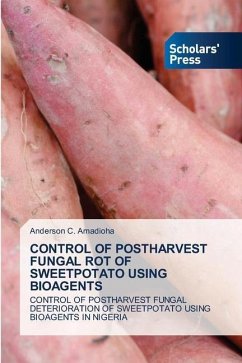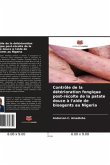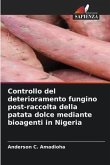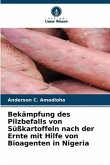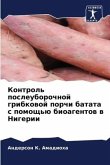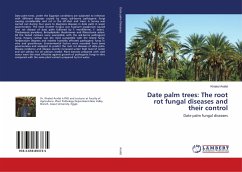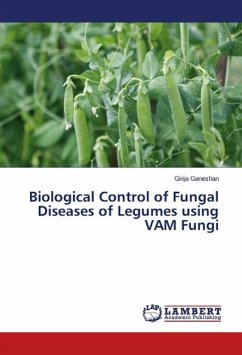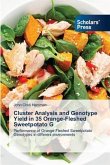Four bioagents, Penicillium oxalicum, P. citrinum, P. chrysogenum and Trichoderma harzianum were antagonistic against the growth of Botryodiplodia theobromae, Rhizopus stolonifer, Aspergillus tamari and A. ochraceus causing storage rot of sweetpotato both in vitro and in vivo. The highest spore germination and mycelia radial growth inhibition of the pathogens in culture was recorded with benomyl followed by filtrates of T. harzianum , P. oxalicum, P. citrinum and P. chrysogenum. The reduction of pathogen mycelia biomass increased with filtrate concentration and was highest at 40%. The bio-agent filtrates significantly (P 0.05) curtailed rot development and spread in sweetpotato in a manner superior to the control experiment after three months storage. The antagonists except P. chrysogenum reduced disease incidence and severity both before and after inoculation of pathogens. Application of bio-agents before inoculation of pathogens gave significant (P 0.05) reduction of rot development and spread than when applied at the same time or 2 days post pathogen inoculation indicating that the bio-agents are better used as protectant before infection than when the disease is established.
Bitte wählen Sie Ihr Anliegen aus.
Rechnungen
Retourenschein anfordern
Bestellstatus
Storno

